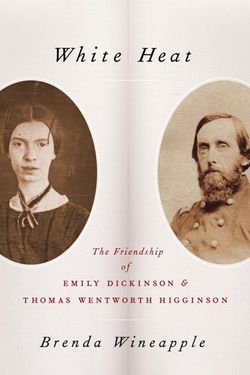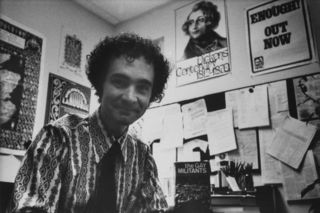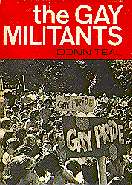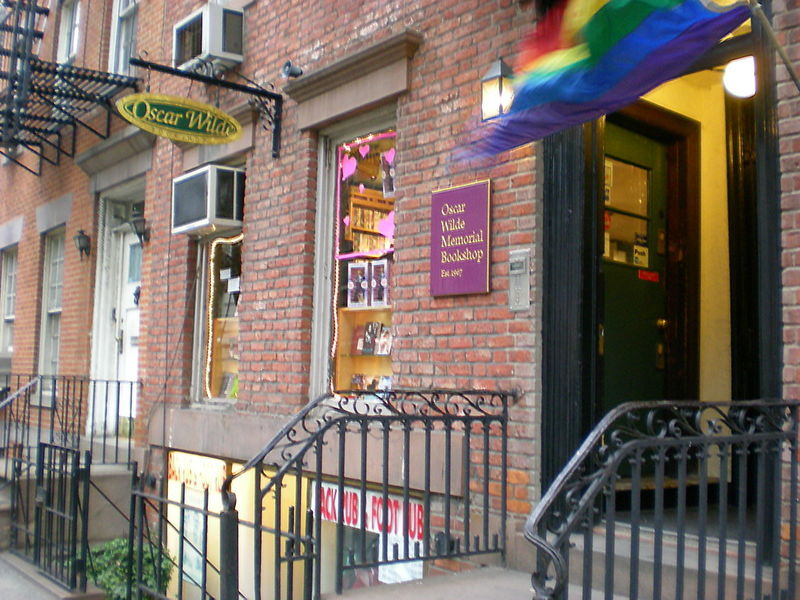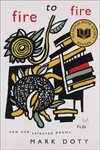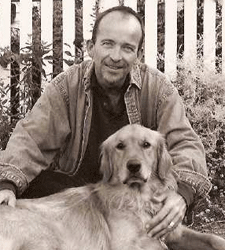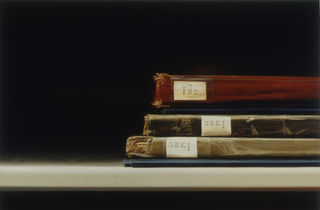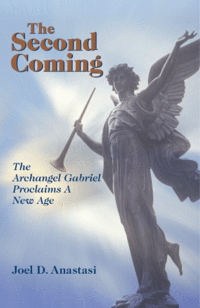
The Second Coming:
The Archangel Gabriel Proclaims a New Age
By Joel D. Anastasi
iUniverse, 340 pages. $20.95. ISBN 978-0-595-49405-7
Reviewed by Toby Johnson
What
the Christian, long-anticipated “Second Coming of Christ” really refers
to is not a return of a bodily Jesus descending through the clouds as
portrayed in the myth, but rather the awakening of the soul in all of
humanity so humankind realizes and experiences the “Christ within,”
that is, that we are all incarnations of God. This is, indeed, one of
the central themes in contemporary, post-Christian, post-mythological,
and (in the very best sense) New Age spiritual thought.
“You are
God. The container you’ve chosen has chosen one fragmentary aspect of
God to experience, one speck in the cosmos, one cell in the universe…
allowing God to experience itself in its infinite complexity.”
This
is how this wisdom is expressed by the Archangel Gabriel, speaking
through a trance channel, in Joel D. Anastasi’s fascinating and
thought-provoking The Second Coming: The Archangel Gabriel Proclaims a
New Age.
Anastasi is a trained journalist, news reporter and former
magazine editor who applied his professional skills to interview the
entity that is channeled by Reiki Master, counselor and healing
practitioner Robert Baker. Baker has a website about his practice at
ChildrenOfLight.com.
Part of the experience of reading the book is
understanding just what channeling is and how its productions are to be
evaluated. Certainly what is now called “trance channeling” is a
parallel phenomenon to what in Biblical times was called “prophecy” and
in Christian and Muslim tradition is called “revelation.” Through a
human being—especially a human being who has trained him or herself in
meditation practice to allow personal ego to quiet and a deeper voice
from within to speak—trans-human wisdom and information is articulated
as though it were coming from an external personal entity.
Since the
central theme mentioned above holds that God is within each person,
then the entity that speaks from within is always that God. So
contemporary New Age spirituality naturally honors this particular
literary genre of channeled revelation as a manifestation of the
human/divinity unity. Neale Donald Walsch’s Conversations with God
series, Jane Roberts’ Seth Speaks and Esther and Jerry Hicks’ Abraham
books, and in a slightly different way A Course in Miracles are other
examples.
Beyond the actual content of the revelation, what is
probably most important about the phenomenon is the meditation training
in quieting personal ego. And reading the productions and revelations
of trance channels are more important for how they train the reader in
such practice than in details they purport to reveal. That is to say,
at least in the understanding of this reviewer, the medium itself is
more important than the content. It’s the medium, the idea of
channeling itself, that reveals and demonstrates the central wisdom that all human beings are “fragmentary aspects of God.”
Anastasi
began studying with Robert Baker in 2002. He found the experience of
listening so profound and fascinating that he decided to write it down
and to organize and present the wisdom in the literary genre of modern
journalism: the interview. The style makes the material easier to
understand and less “ooo goo boo goo” mystical and more realistic and
down-to-earth. Indeed, since the interviews began in 2002, the
terrorist attack of 9/11 was still very vivid and so Gabriel naturally
comments on this watershed event in human history. As it happens,
Gabriel espouses the conspiracy theory that the World Trade towers were
imploded from within. That may or may not be actually so. My
proposition that the medium is more important than the content holds
that the value of the revelation is not dependent on the factuality of
what’s revealed. The Truth that Gabriel manifests through Robert Baker
wouldn’t be disproved by the evidence that there were no explosives in
the WTC any more than the mythological significance for Christianity of
the Resurrection would be invalidated by the discovery of Jesus’s
bones. The mythical, transcendent Truth stands beyond the metaphors
that are used to express it.
In The Second Coming that Truth is that
God is within us all. Reading the book is a fascinating reminder that
each of us should listen to our deepest selves.
I’m not sure what I
think about 9/11 Conspiracy Theory, though what it certainly true is
that contemporary human consciousness is permeated with conspiracy
theories, and these, at least, point to the reality of collective,
planetary consciousness. We all think something is going on beyond what
we all see; there’s a hidden dimension to human life.
Anastasi, an
openly gay man who occasionally mentions his partner and questions
Gabriel about gay issues, ends his introduction: “I began this journey
as a skeptic. The intuitive truth and rightness of Gabriel’s teachings
have found their way into my ‘deepest heart,’ my ‘deepest being.’ It is
my wish that Gabriel’s teachings find that place in you and that all
mankind may one day join in peace, love, and unity in this new
two-thousand-year age.”
In recommending this book to readers, I am
echoing that sentiment. We really are at the start of a “new age”; a
new religion, a new consciousness of what “God” means is being born in
our time. This book is a wonderful demonstration of that—and evidence,
I think, of how gay people are part of its unfolding.
Toby Johnson is a former publisher of White Crane and a contributing editor to the magazine. He lives in Austin, Texas.
For more White Crane, become a fan on Facebook and join us on Yahoogroups.
Subscribe today and keep the conversation going! Consider giving a gift subscription to
your friends who could use some wisdom! If there's an article listed
above that was not excerpted online, copies of this issue are available
for purchase. Contact us at editors@gaywisdom.org

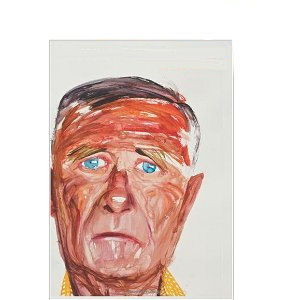

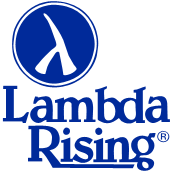
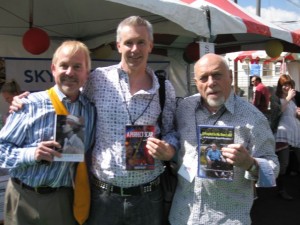
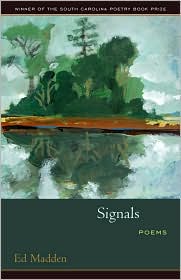
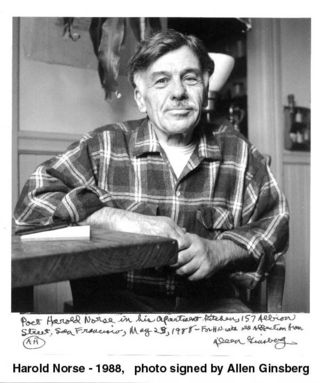
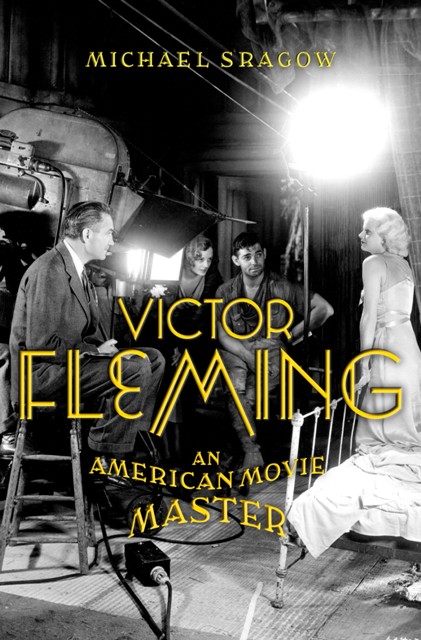
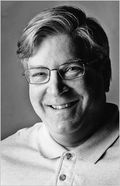
![BrendaWIneapple_by_Joyce_Ravid[1]](/wp-content/uploads/2009/04/6a00d8345161a069e201156f6717d1970c-120wi.jpg)
